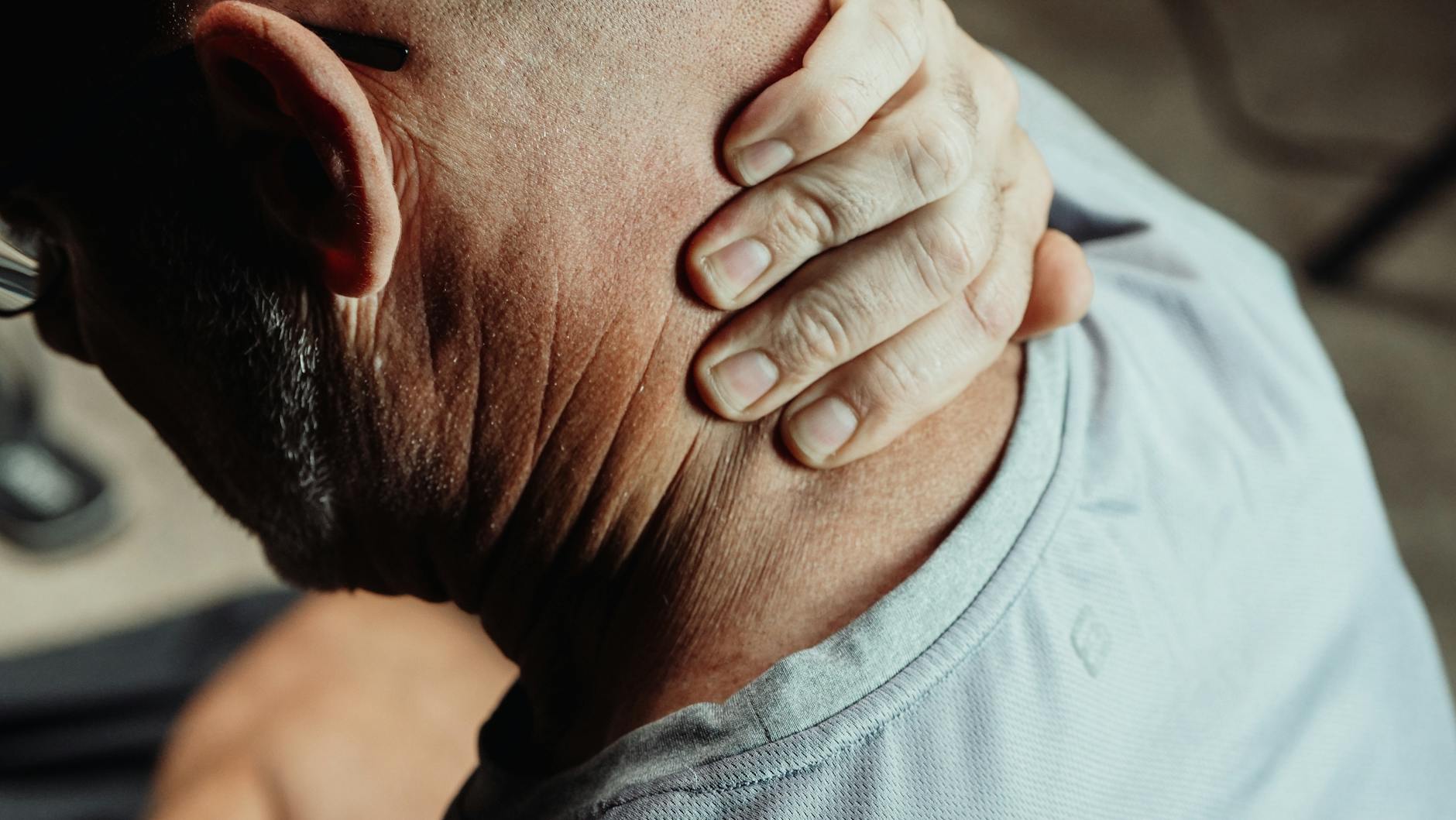
The hands stop doing what they used to do
You reach for the cup. It slips a little. Not because it’s heavy. But because something deep within doesn’t hold the way it used to. You twist open a jar. The lid wins. A door handle becomes a chore. These aren’t grand changes. But they whisper loudly. Something’s different. Something’s tired. And it doesn’t just pass.
You remember your mother’s fingers. Bent. Swollen. But you told yourself yours wouldn’t be the same.
Pain doesn’t shout—it lingers
It starts in the morning. A dull ache. Not sharp. Just present. You stretch your legs. But they don’t stretch back. The knees resist. The wrists sigh. And you wonder if you slept wrong. Or maybe it’s the weather. You say it’s age. But deep down, you know age doesn’t always feel like this.
Pain that greets the day becomes part of your routine, not just your body.
Some days, even getting dressed feels personal
Buttons. Zippers. Shoelaces. These small tasks feel longer. Not impossible—just heavier. You don’t complain. You adapt. You switch to easier clothes. You pretend it’s fashion. It’s not. It’s coping. And coping becomes habit.
The closet starts to reflect pain more than personality.
You stop doing things before you even try
The walk looks long. The grocery cart seems heavier. The invitation feels like pressure. You say “maybe next time.” You cancel last minute. You stay in. It’s not laziness. It’s self-protection. You measure energy like currency. And most days, you’re broke.
The world doesn’t shrink. You just stop reaching for it.
It’s not just about the joints—it’s about identity
You were the person who lifted suitcases. Who danced at weddings. Who ran for buses. Now, you hesitate. Not because you’ve changed. But because something inside you has begun resisting change. You don’t feel old. But you feel slower. Stiffer. Less like yourself.
And missing yourself feels lonelier than being alone.
Mornings become negotiations
The alarm rings. But you stay in bed. Not from fatigue—but from dread. The floor feels colder. The stairs look steeper. You don’t want to move. Because moving means hurting. And hurting becomes the first thing you do each day.
The day hasn’t started, but you already feel behind.
Swelling becomes the uninvited guest
Fingers puff. Ankles press against socks. Rings no longer fit. You remove them. Not because you want to. But because you have to. You watch your body shift. Slowly. Silently. And you don’t remember when you last saw your hands as yours.
Every glance at them reminds you of what you’re carrying.
The stiffness steals your stillness
You sit. You rise. The first few steps don’t flow—they stutter. It’s not that you forgot how to walk. It’s that your body forgot how to begin. You wait for the looseness to return. Sometimes it does. Sometimes it doesn’t.
Stillness doesn’t rest you. It traps you.
You smile, but it takes effort
Joints hurt. But so does pretending. You laugh. But you guard your movements. You hug gently. You shake hands softly. People don’t notice. But you do. Every gesture becomes a calculation. You fake strength so well, even you believe it—until night comes.
And night doesn’t let you lie to yourself.
You get used to things you shouldn’t
The ache. The pop. The grind. The hesitation. They become familiar. Not welcome—just routine. You stop mentioning it. Because no one wants to hear it again. So you swallow it. You nod through it. And you call it your “new normal.”
But some things shouldn’t be normalized.
Blood says one thing. X-rays say another.
Your tests look “fine.” But your body doesn’t agree. Doctors frown at results. But you frown at stairs. You know something’s off. But no one can name it. So you start wondering if it’s in your head. It’s not. It’s in your bones. Your immune system. Your story.
Invisible illness doesn’t mean imaginary pain.
Friends can’t always tell the difference
They say “just rest.” Or “try yoga.” Or “get more sunlight.” You nod. You smile. You don’t explain. Because explanation takes energy. And you need to save it. You love them. But they don’t understand. Because they don’t feel what you feel when you tie your shoes.
Support isn’t always loud. But misunderstanding often is.
Rain predicts your mood now
You check the forecast. Not for temperature. But for pressure. For pain. For warning. Storms don’t just flood streets—they flood your joints. You feel the sky in your body. And you dress for both the weather and the weight.
Your bones became barometers before you realized it.
Some names hurt more than symptoms
“Osteoarthritis.” “Rheumatoid.” They sound clinical. But they echo loudly. One means wear. One means war. One is age. One is attack. You didn’t choose either. But now, you carry both in conversation. In silence. In sleep.
The diagnosis doesn’t define you—but it does follow you.
Medication becomes another full-time job
Pills. Injections. Side effects. Timers. You track them like meals. You organize them by color. You feel them before they even work. Some help. Some don’t. But all remind you that your body needs help you never asked for.
Relief becomes a schedule. Not a feeling.
You whisper symptoms you used to shout
Once, you ran to doctors. Now, you hesitate. Not because you’re fine—but because you’re tired. Tired of explaining. Tired of repeating. Tired of being disbelieved. So you minimize. You mask. You manage. And you keep going.
Even quiet pain deserves loud care.
